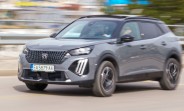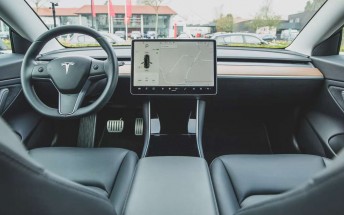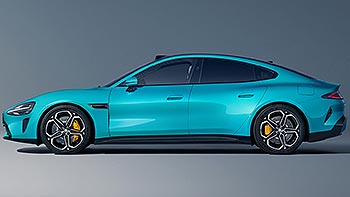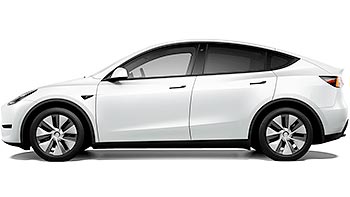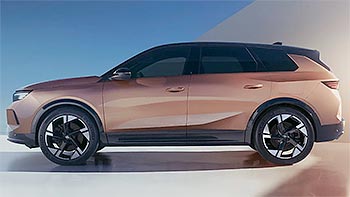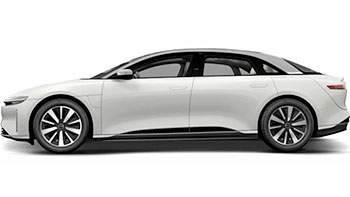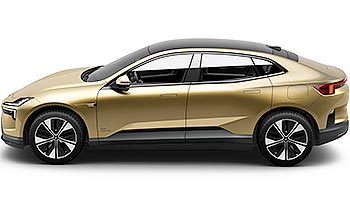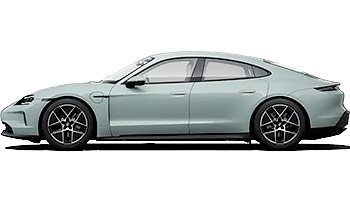StoreDot’s batteries show no degradation after 1,000 extreme charging cycles

StoreDot is promising to revolutionize EV batteries with its silicon-dominant XFC cells. These cells, according to the company, showed no signs of degradation even after undergoing 1,000 consecutive extreme fast charging cycles.
The company ran extensive tests during which the battery was subjected to fast charging from 10% to 80% of its capacity within a mere 10-minute window. The other parts of the charging cycle – the first 10% and the last 20% – were executed using the more conventional 1C slower charging rate. That is to say the 0-100% charge took a total of 28 minutes.
 Dr. Doron Myersdorf - CEO of StoreDot
Dr. Doron Myersdorf - CEO of StoreDot
And even though the cells were charged at extreme speeds for a substantial 70% of their charging cycle, they did not display any degradation after 1,000 cycles. Their performance was identical to that of cells that were charged at a slower pace throughout the entire 0-100% range.
Dr. Doron Myersdorf, the CEO at StoreDot, said that such test results hold immense significance in addressing the ever-present range anxiety that potential EV owners face, potentially paving the way for more widespread adoption of electric vehicles. He also stressed the fact that the robustness of StoreDot's battery tech remains consistent regardless of how frequently it's charged - this is to say it doesn't mater if you do frequent small top-ups or full charges now and then.

Volvo Cars, which already has a vested interest in StoreDot, announced a multi-year strategic collaboration with the battery maker in September. So these XFC cells should eventually make it into Volvo's EVs. The automotive world waits with bated breath as the first samples are set to make their debut in Volvo's testing facilities next year.
Polestar, Daimler, Samsung, VinFast, and TDK are also invested in the company. StoreDot initially aimed at developing fast-charging technologies for mobile devices. The company transitioned its focus to the EV market, seeing it can make a bigger impact there.
Related
Reader comments
- mho0
Check insideevs article. More than 1000 charges and 80% capacity remains.
- 02 Nov 2023
- mhN
- Anonymous
I think the inference would be no difference in degradation between charging methods ie: fast or slow. Logic would have it that after 1000 charges the battery would not be considered new and therefore not be 100% of it's original life span.
- 02 Nov 2023
- FKy
- Anonymous
"... they did not display any degradation after 1,000 cycles."
- 02 Nov 2023
- LaN



